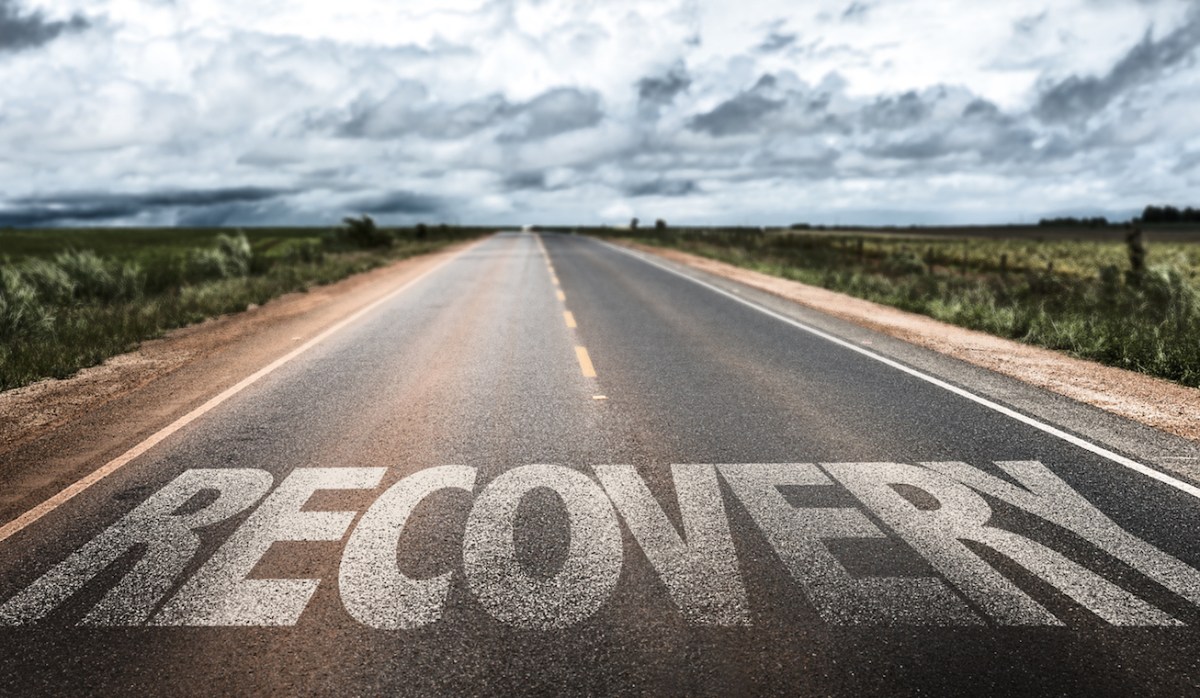Impacts of the COVID-19 pandemic have led Australia into its first recession in almost three decades – but what does that mean for the drinks industry?
The closure of pubs, clubs, bars and restaurants, paired with lockdown measures, Government support, and people generally just spending less and saving more has led to the largest quarterly economic fall on record.
The Australian Bureau of Statistics (ABS) announced on Wednesday that economic activity in the June quarter had plunged by seven per cent. And this follows a fall of 0.3 per cent in the March quarter.
So how does this affect the drinks industry? Well the year 2020 will go down in history as one of – if not the – most difficult year for Australians. We’ve endured a Black Summer of bushfires, droughts, floods and now a global pandemic. But one thing that has been evident throughout all of this adversity is the sheer tenacity of the drinks industry when faced with so much adversity.
“COVID-19 has totally rewritten the playbook for every section of Australian business and society,” Andrew Wilsmore, CEO of Alcohol Beverages Australia (ABA) told National Liquor News.
“The most acute pain has been felt by our beloved hospitality and tourism sector which has seen close to half a million jobs lost at the height of restrictions.”
Retail Drinks Australia’s Acting CEO Michael Waters, says that liquor retailers and the overall drinks sector have proven themselves in the face of adversity.
“Both liquor retailers and the drinks industry as a whole have shown great resilience in the face of many challenges and we expect this to be no different now that Australia has formally entered a recession,” says Waters.
The loss of trade from pubs, clubs, bars and restaurants has had flow on effects for drinks producers, with an ABA member survey showing job losses in beer, wine and spirit production of 15 per cent.
Smaller producers have been particularly hard hit seeing cellar, brewery and distillery doors close, and not having routes to the packaged retail market.
It’s for this reason that the Liquor Stores Association of Western Australia (LSA WA) opened its membership up to Western Australian wine and spirits producers, to help connect the drinks producers with its membership base of independent liquor retailers.
“We’re like the middle-man bringing businesses together to ensure the industry stays alive and livelihoods aren’t lost in these strange times. Hopefully, it’s a win-win for everyone,” says LSA WA CEO Peter Peck.
“All that we are simply doing is putting wine on the lips of the influential buyers and decision makers of these stores with produce from small and boutique WA wineries who may otherwise not have had an opportunity or ability to expand their market.”
The COVID-19 pandemic has also impacted exports, and ABA’s Wilsmore points out that a global downturn has implications for our exporters, who are competing against falling demand.
“Despite this, the Australian drinks industry is resilient and driven by innovation and entrepreneurship when faced with adversity; witness the production of hand sanitising product by distillers,” he says.
“Programs and initiatives from our producer community have sprung up to assist hospitality venues and workers, and retailers are doing what they can to find a home for smaller producers on their shelves.”
Retail Drinks Acting CEO Waters, says: “While the recession will undoubtedly have an impact on all Australians, we are confident in the ability of liquor retailers to withstand these pressures as they continue to adopt innovative solutions within their respective businesses to service the ongoing needs of their customers.
“Retailers have already demonstrated their ability to adapt to economic pressures, particularly those brought about by the COVID-19 pandemic, all the while upholding a commitment to retailing responsibly and in accordance with Social Distancing Guidelines,” says Waters.
“Retail Drinks is committed to providing our members with access to a broad range of quality services, resources and commercial benefits to help them to do business better across all aspects of retailing, and there is no better time than right now to work ‘on your business’. Two of our core services – the Business Insurance Program and Electricity Health Check are saving members an average of $1,813 (around 20 per cent) on their annual premiums (and with enhanced cover), and an average of $6,408 on their annual electricity bills.”
LSA WA CEO Peck, told National Liquor News that this is a recession unlike anything we’ve experienced in the past, and that’s due to the pandemic.
“I think this recession will be unlike your traditional recession. A traditional recession is based on a depressed market; this recession is based on an oppressed market so it was forcibly stopped rather than there being a number of economic circumstances stopping it.
“But it should bounce back fairly quickly for the liquor industry once a vaccine is found. The only industries that will suffer long term will be travel and tourism, based on two factors – people having a reluctance to travel for holidays and businesses now coming to terms with the fact that you don’t need to travel to have a meeting.”
So while we may be in a formal recession, the Australian drinks industry has proven its resilience and its place as an essential player in the recovery of the economy.
ABA’s Wilsmore says it best: “The future is hard to predict with so much uncertainty, but one thing is clear: hospitality and retail jobs are the fastest and easiest of nearly any sector to create. With the right conditions, our industry will be doing a lot of the heavy lifting in seeing Australia rebound from this recession.”

